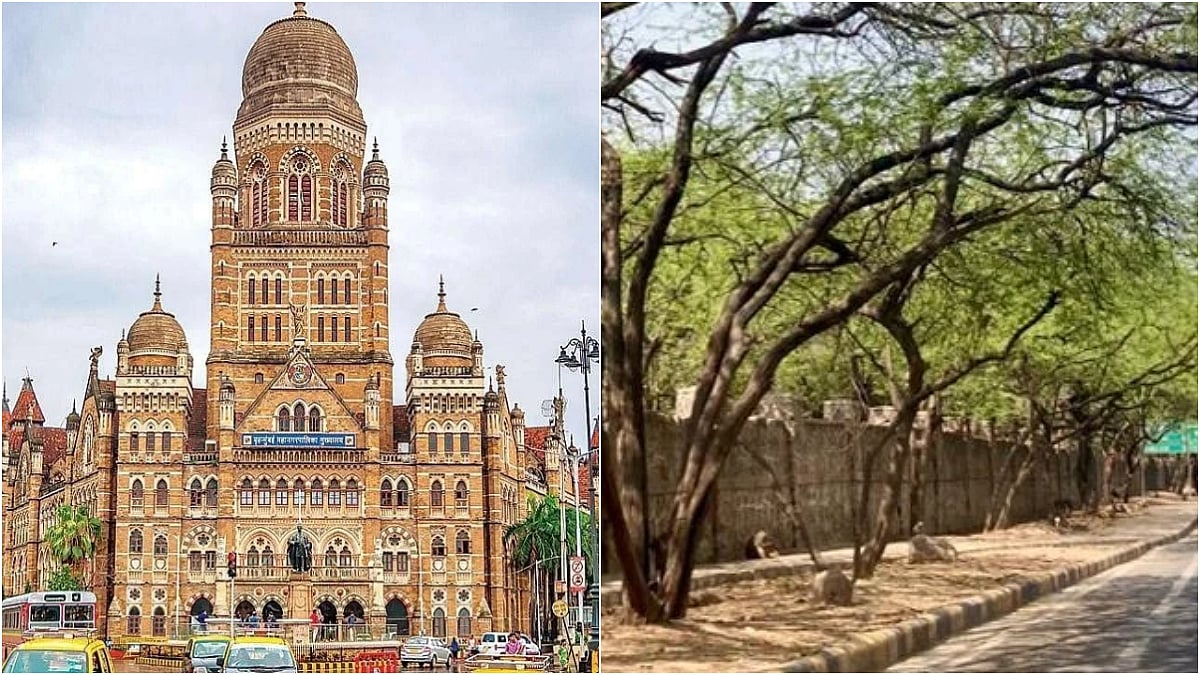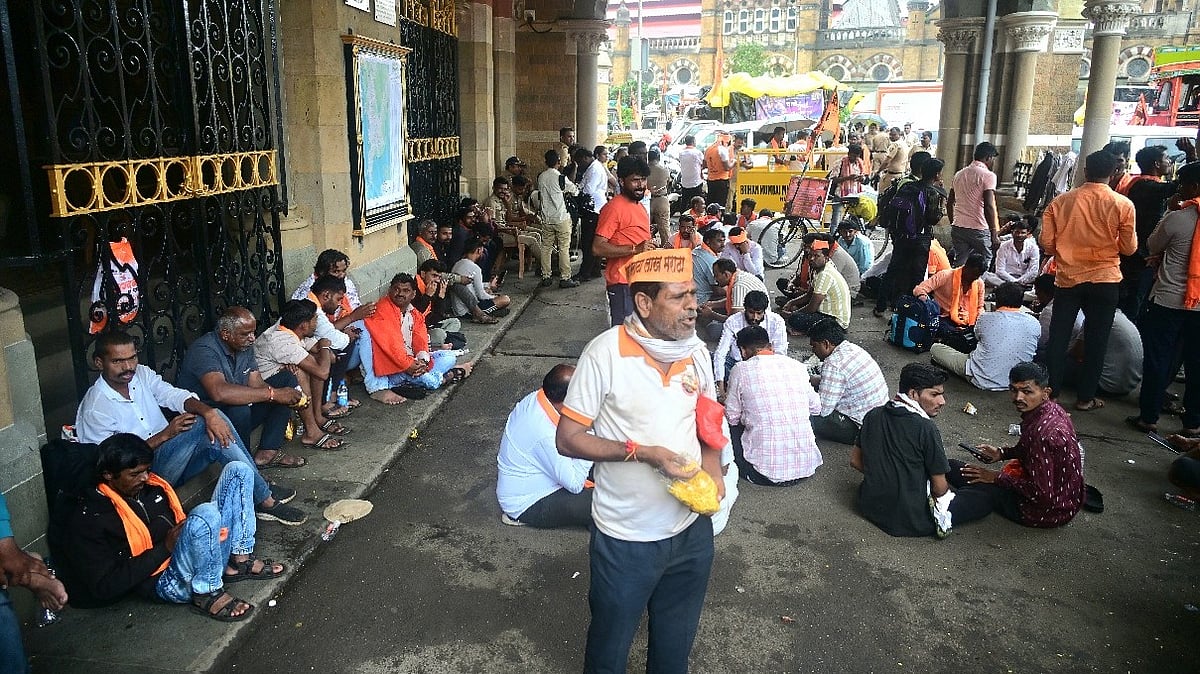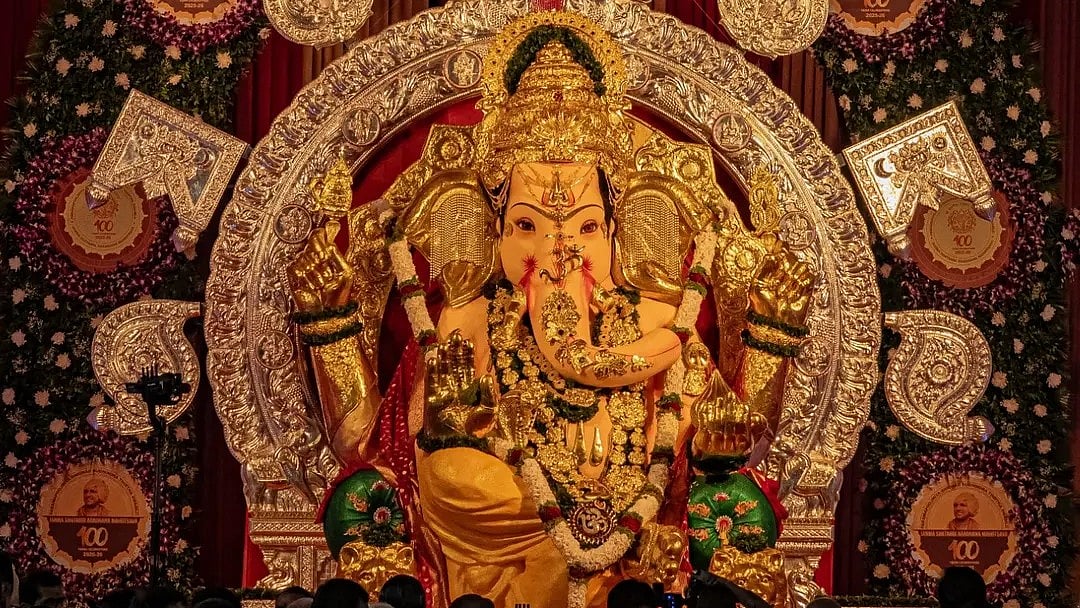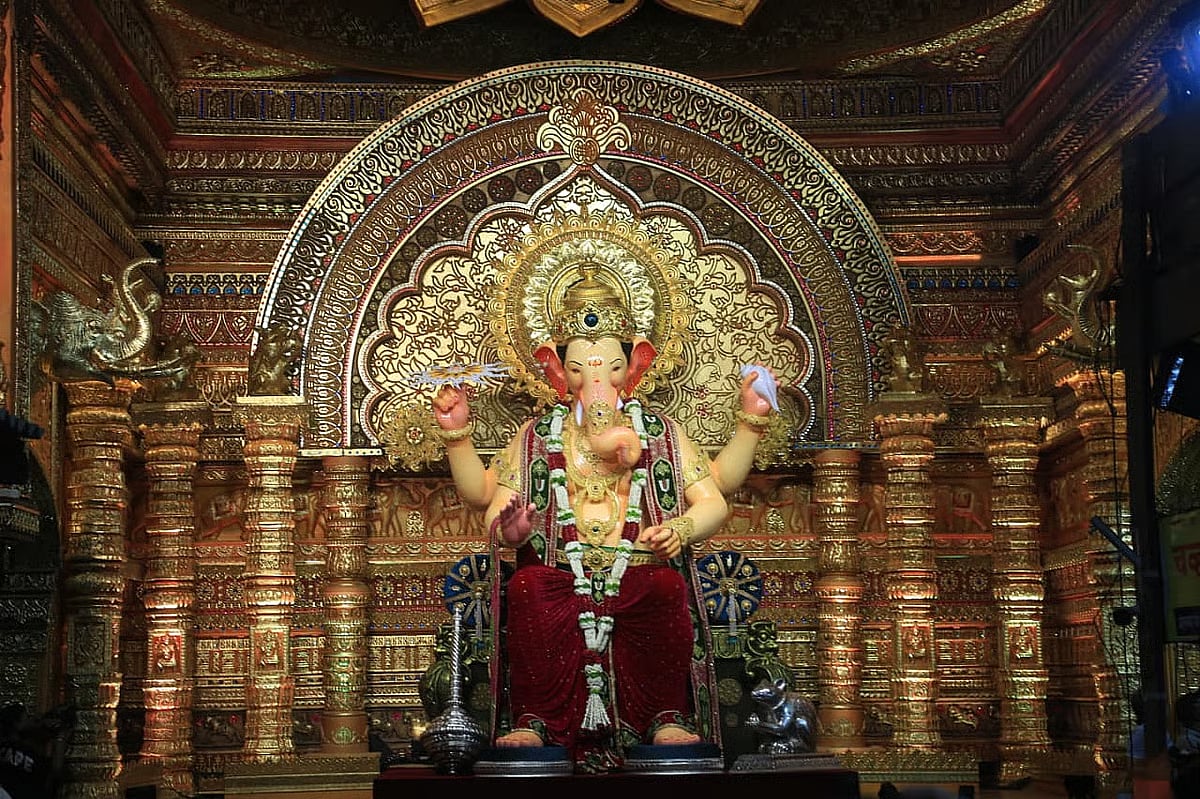Navratri is approaching and we are eagerly anticipating receiving the blessings of Goddess Durga for spiritual comfort and renewal. These sacred and special nine days are believed to be auspicious as Mother Durga bestows her followers with continuous prosperity, development, joy, and achievement. Marked by the recitation of mantras, aartis, bhajans, and prayers, Navratri is observed throughout India with great importance and lively festivities. The list of 9 Shaktipeeth Temple names in this guide is a must-see during Navratri.
Story Behind Shaktipeeth
Before we understand the significance of these 9 shakti peeth temples, we need to understand the story that goes by it.
Legend has it that Sati, later known as Goddess Durga, was born to King Daksha and married Lord Shiva. King Daksha conducted a yajna, where he was insulted by Lord Shiva not standing. Enraged, he excluded Shiva and Sati from a second Yajna. Sati attended despite Shiva's refusal, but was insulted by Daksha. Heartbroken, she jumped into the sacrificial fire. Shiva, furious, performed the Tandava dance. To restore balance, Lord Vishnu dismembered Sati's body into 51 pieces, which fell on earth as sacred Shakti Peeth locations. These sites are revered as places of worship.
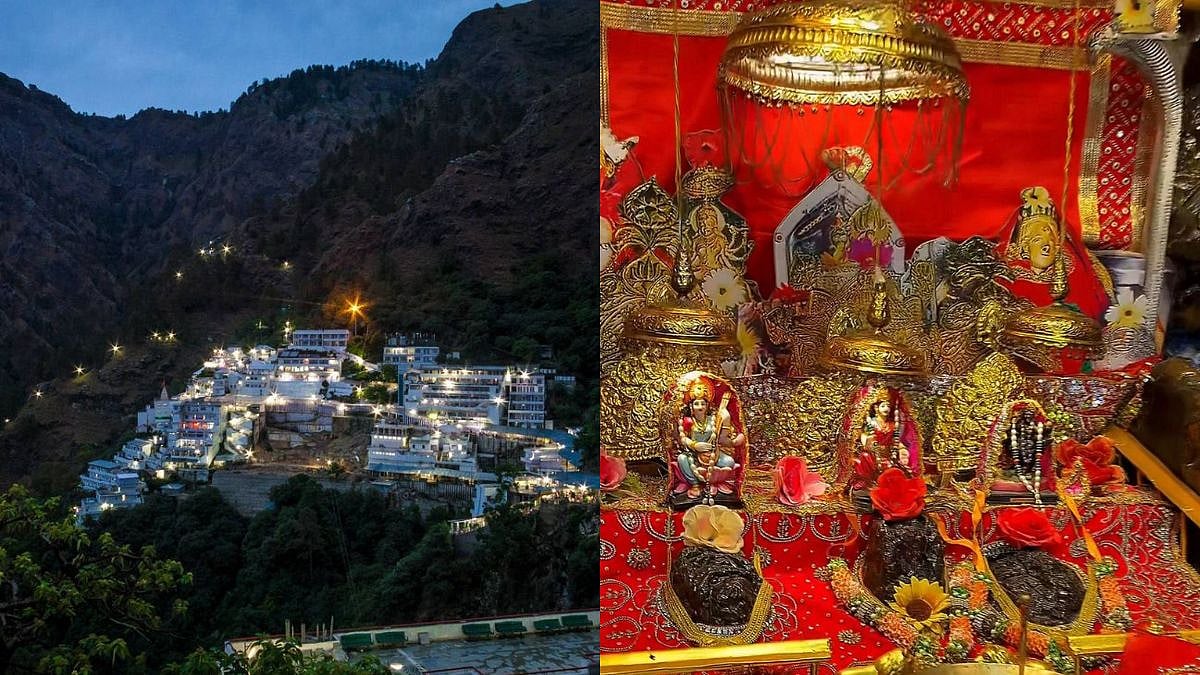
Vaishnodevi Mandir, Jammu | Pinterest
Vaishnodevi Temple, Jammu
According to some beliefs, Vaishno Devi temple is considered the most important out of all the Shakti Peethas because it is believed to be the place where the goddess Sati's head landed. Some others are of the opinion that her right arm dropped at this location. Vaishno Devi, the goddess, is referred to by various other names like Mata Rani, Vaidyan, Durga, and Sharawali Mata.
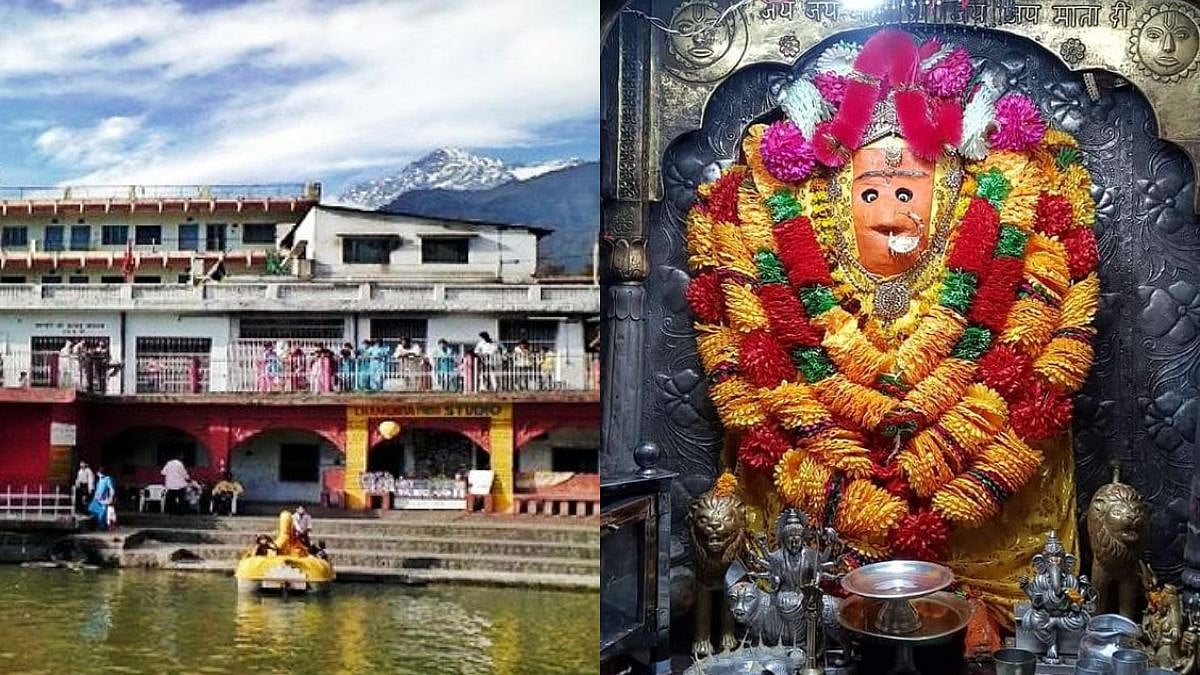
Chamunda Devi mandir, Himachal Pradesh | Pinterest
Chamunda Devi Temple, Himachal Pradesh
Mahakali is another name for the goddess Chamunda Devi. According to Hindu mythology, it is thought that the temple was constructed on the spot where the feet of Sati landed.

Kamakhya Devi mandir in Assam | Pinterest
Kamakhya Devi Temple, Assam
Another name for Kamakhya, also called Kubjika Pitha, is the area where the Yoni-Mudra (the female genitalia or the Vulva) of Goddess Sati fell.
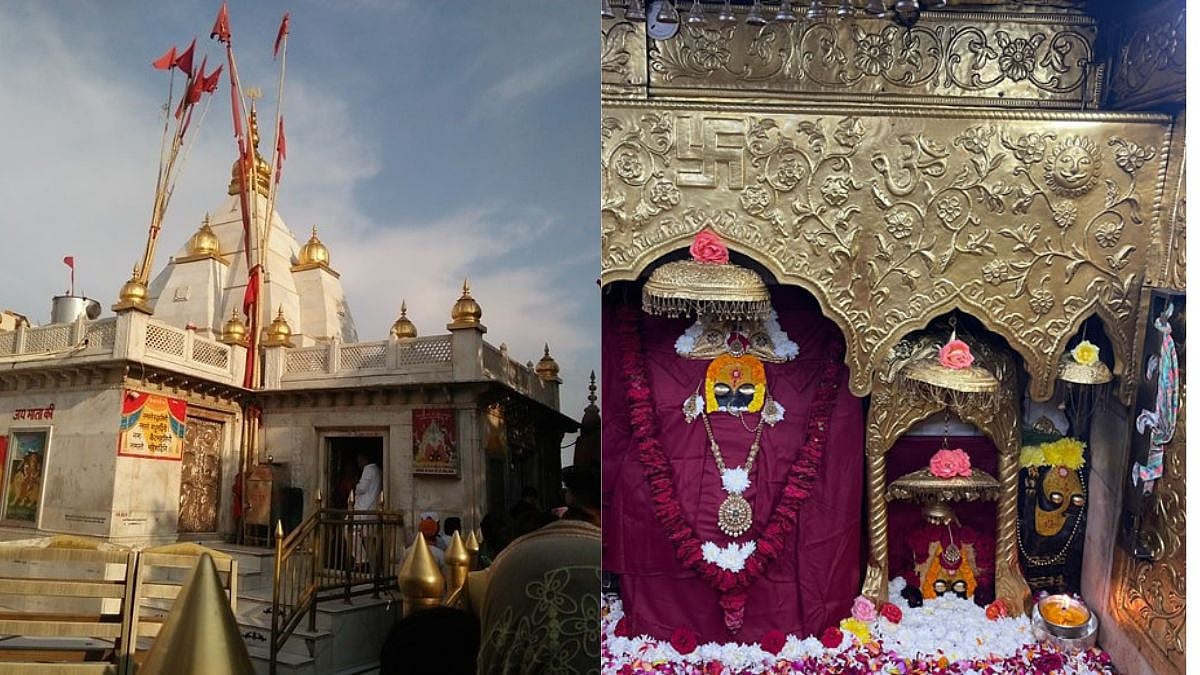
Naina Devi Temple, Himachal Pradesh | Pinterest
Naina Devi Temple, Himachal Pradesh
The Shri Naina Devi Temple is situated at an elevation of 1177 metres in Bilaspur, a district located in Himachal Pradesh. The eyes of Goddess Sati fell at Shri Naina Devi Temple.
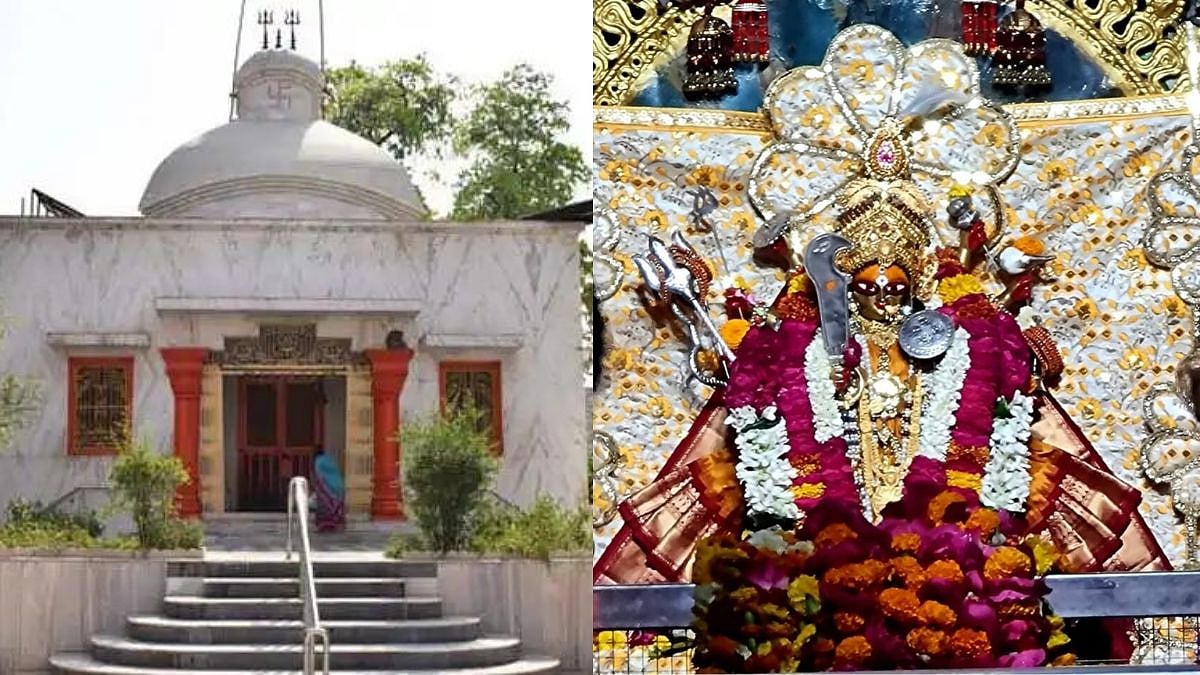
Katyayani Devi Mandir, Vrindavan | vrindavan tourism
Katyayani Devi Temple, Vrindavan
Katyayani Shakti Peeth Mandir is one of the 51 holy Shakti Peeths in the Hindu faith. It is one of the ancient temples located close to Radhabagh in Vrindavan. The temple is devoted to Goddess Parvati in her Katyayani manifestation. According to the legends, her hair dropped at this spot after Lord Vishnu severed her lifeless body.
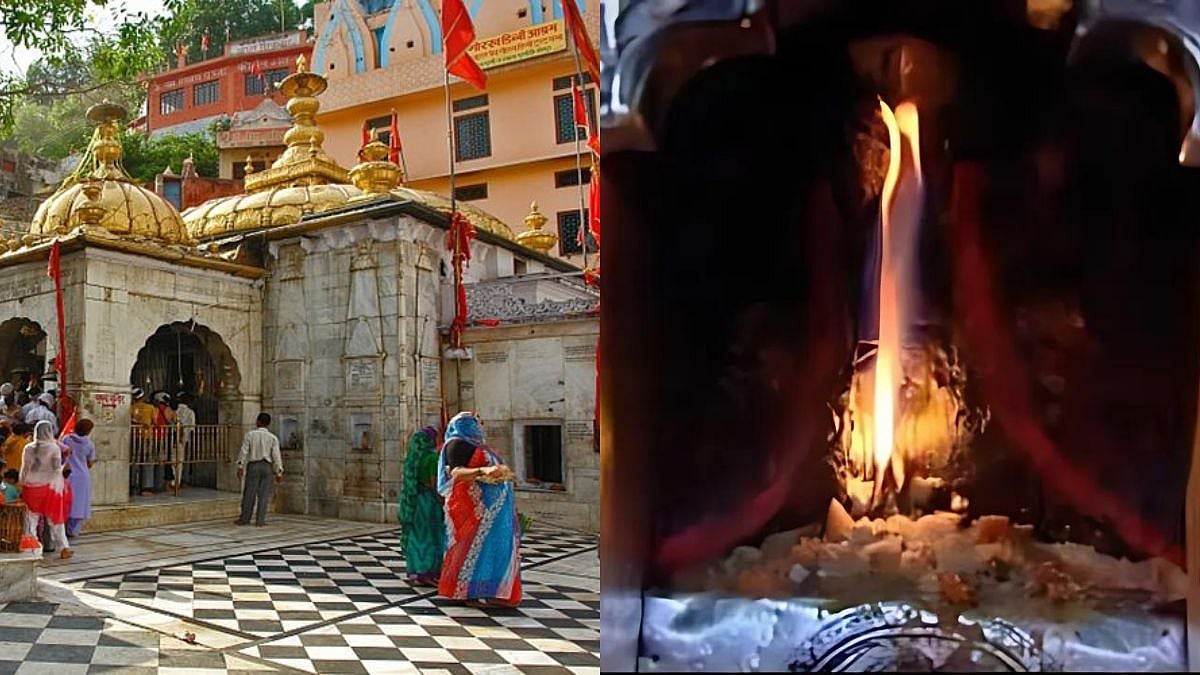
Jwala Devi Temple, Himachal Pradesh | Pinterest
Jwala Devi Temple, Himachal Pradesh
At Jawalaji, Sati's tongue descended and the goddess appears as small flames, burning with a flawless blue color from cracks in the ancient rock.
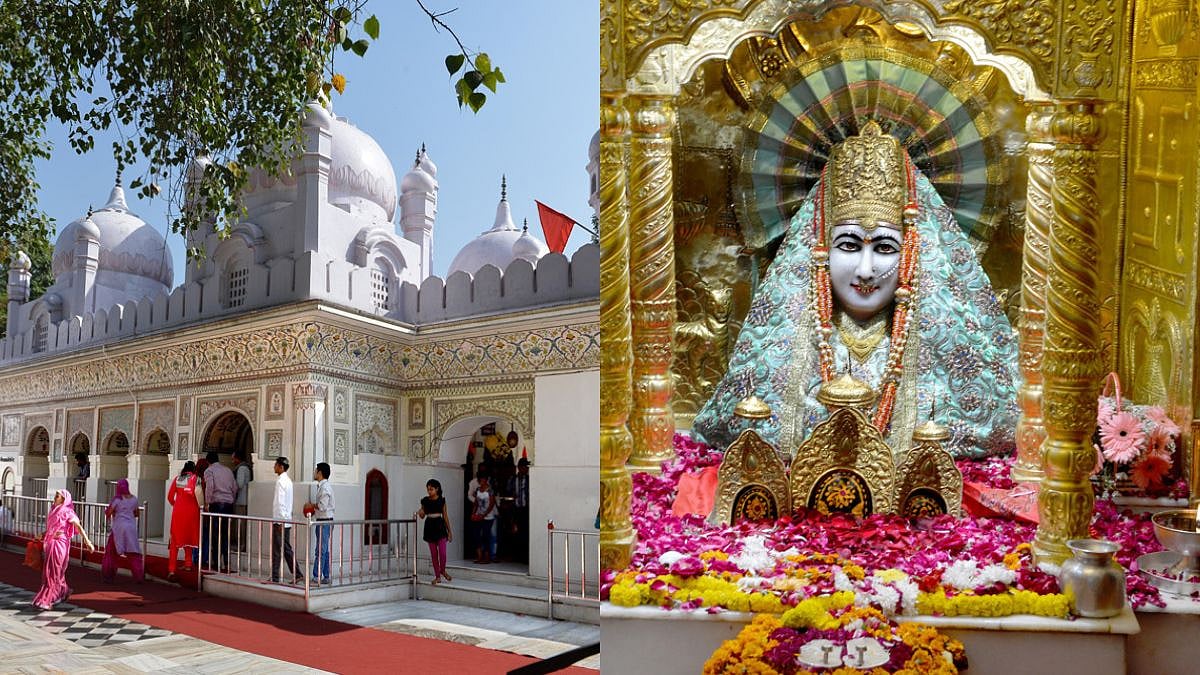
Mansa Devi Mandir, Panchkula, Haryana | mansadevi.org
Mansa Devi Temple, Haryana
At present, Mata Mansa Devi temple stands at the spot where Sati Mata's head fell. The temple of Mansa Devi was originally named the temple of Mata Sati. King Gopaldas of Manimajra is thought to have constructed a tunnel connecting his fort to the temple, spanning approximately 3 kilometers.
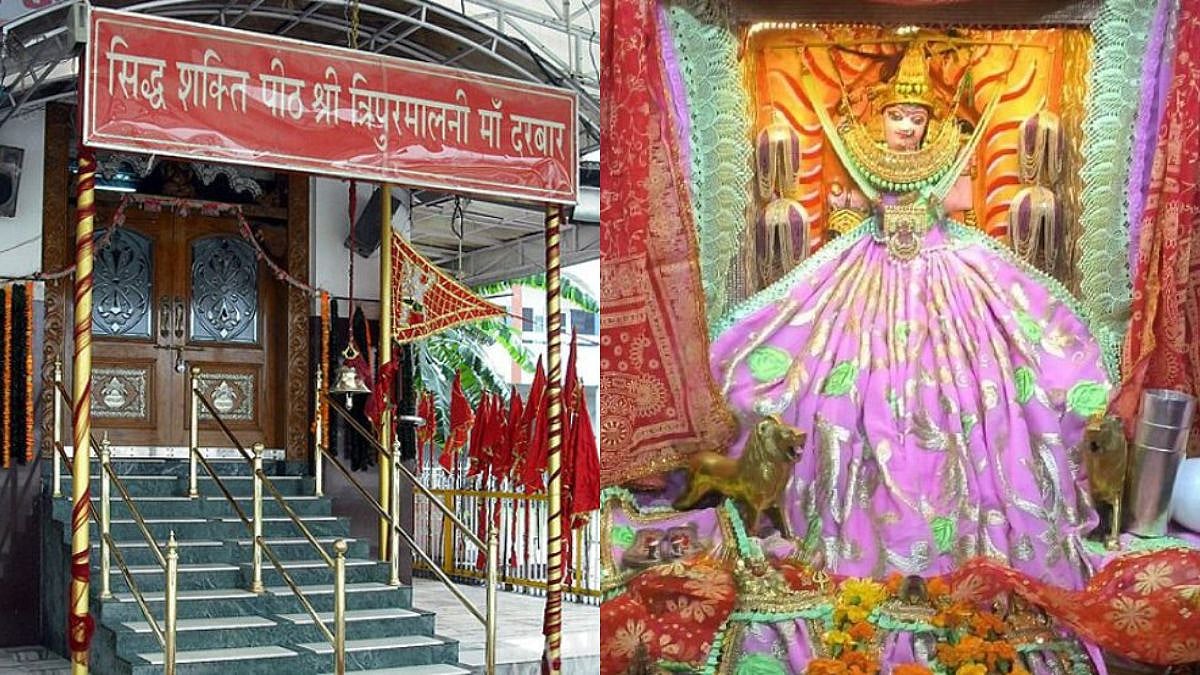
Tripurmalini Shakti Peeth, Jalandhar | Incredibleindia.org
Tripurmalini Shakti Peeth, Jalandhar
The Tripurmalini Temple can be found within the grounds of Devi Talab Mandir in Jalandhar, Punjab. This location is considered sacred for worship as it is believed to be where Goddess Sati's left breast fell.
Story Behind Shaktipeeth
Legend has it that Sati, who later became Goddess Durga, was born in the household of King Prajapati Daksha and was wed to Lord Shiva. At one time, holy men and wise individuals performed a yajna. Upon King Daksha's arrival, all stood up, except for Mahadev (Lord Shiva). King Daksha became enraged upon witnessing this, so he conducted another yajna in order to seek revenge for the insult. King Daksha excluded Lord Shiva and his daughter Sati from his invitation to everyone. Upon learning about the yajna, Mata Sati urged Lord Shiva to participate in the ritual. Even though Shiv Ji said no, she still participated in the yajna.
At the Yagya location, Mata Sati inquired Daksha why he did not invite Shiva, and he responded by insulting Mahadev. This offense caused Mata Sati great pain, leading her to leap into the fire meant for sacrifice and give up her life. When Lord Shiva learned about this, his third eye opened in fury instantly.
While grieving the loss of his beloved spirit, Shiva gently takes hold of Sati's remains and starts performing the dance of destruction (Tandava). In order to preserve the universe and restore Shiva's sanctity, Lord Vishnu dismembered Sati's lifeless body into 51 pieces with the Sudarshan Chakra. These segments landed in various locations on the earth and were referred to as Shakti Peeth. All of these 51 locations are regarded as sacred places and places of worship.

